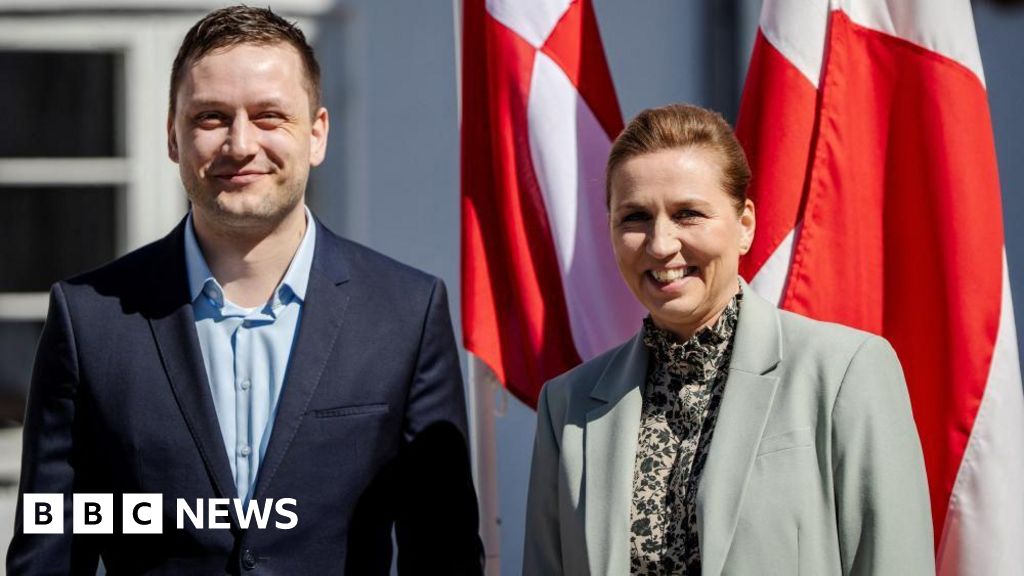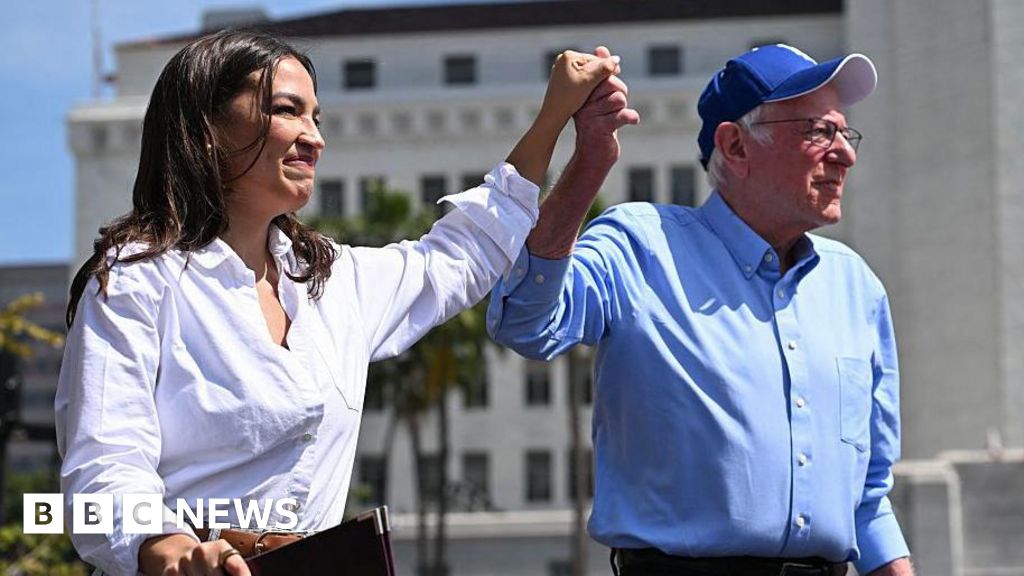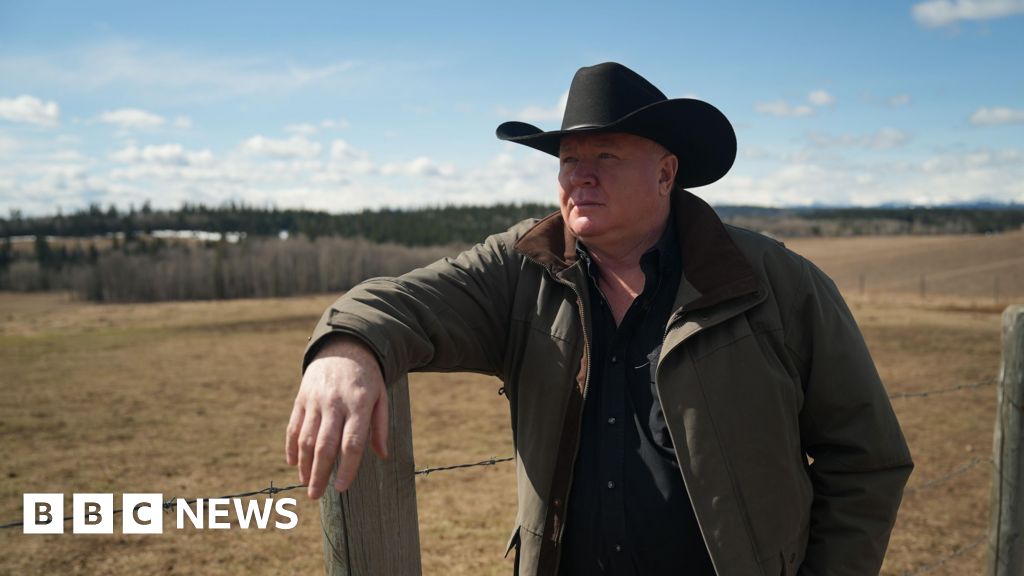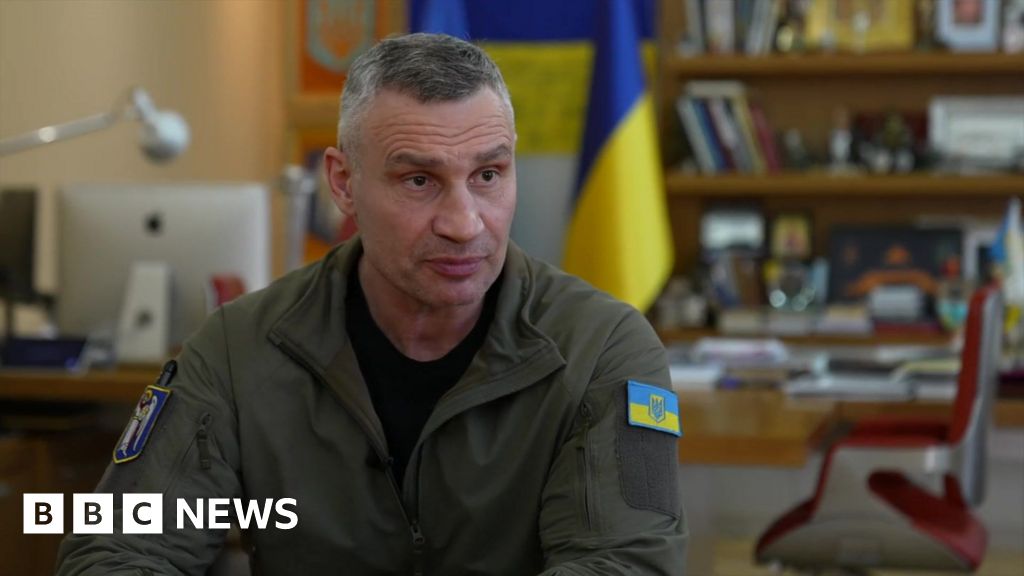Former Biden Official Expresses Hope After Trump-Zelenskyy Meeting

In a recent insightful analysis, Jake Sullivan, the former national security adviser to President Biden, shared his thoughts regarding the highly publicized meeting between President Donald Trump and Ukrainian President Volodymyr Zelenskyy, which took place in St. Peter's Basilica in Rome. Sullivan described this encounter as providing him with 'the first sliver of hope' concerning the current administration's handling of the ongoing war in Ukraine.
During an interview on ABCs 'This Week' with co-anchor Martha Raddatz, Sullivan highlighted his concerns regarding Trump's foreign policy approach towards Russia and Ukraine. He remarked, 'What I've seen to date is President Trump giving Vladimir Putin U.S. recognition of Crimea, which Russia illegally occupied and annexed. He has also promised Putin that Ukraine will not be part of NATO, which is a significant concession.' Sullivan expressed his skepticism about the effectiveness of these gestures, stating that to date, 'Putin has given him nothing in return.'
In a twist of events, President Zelenskyy post-meeting expressed optimism on social media, calling their discussions 'good' and expressing hope for beneficial outcomes. Zelenskyy emphasized the importance of a full and unconditional ceasefire, stating, 'We discussed a lot one on one. Hoping for results on everything we covered. Protecting lives of our people. This meeting has the potential to become historic if we achieve joint results.'
Following the meeting, Trump adopted a more critical stance on Putin, suggesting the possibility of imposing new sanctions on Russia. He mentioned that recent Russian strikes on civilian areas in Ukraine made him 'think that maybe [Putin] doesnt want to stop the war; hes just tapping me along.'
Sullivan pointed out that the onus of the war lies squarely on Russia and specifically on Vladimir Putin, indicating that Putin remains the primary obstacle to achieving a ceasefire. 'Its crucial to recognize that Russia started this war, not Ukraine,' Sullivan stressed. 'Today may be one of those moments where we see recognition of Putin's responsibility, but I'm concerned that every time theres a hint of that acknowledgment, President Trump tends to revert and apply pressure on Ukraine instead.'
Reflecting on his time in the White House, Sullivan noted that he had chosen to remain mostly silent following his departure, explaining, 'I didnt want to be a backseat driver. But when you see the car starting to careen towards the cliff, you have to say something.'
He elaborated on the implications of the recent changes in U.S. foreign policy, warning of the 'terrible damage to America's credibility and trust with our friends and allies,' as well as the diminished appeal of the U.S. in various capacities, including political and economic arenas. Sullivan lamented the fact that China could be benefiting from the current state of U.S. foreign affairs.
Further into the discussion, Sullivan addressed the Trump administration's approach to negotiations with Russia. Raddatz pointed out that during Sullivan's time as national security adviser, the Biden administration struggled to make headway with Russia. Sullivan countered that there were indeed multiple channels of communication established with Russia, emphasizing that they recognized Putin was not inclined to negotiate a fair deal at that time. He indicated that the previous administration's strategy involved building leverage for Ukraine, which they hoped would not be squandered by the current administration.
On the subject of U.S.-Iran relations, Sullivan reflected on the state of negotiations when he left office, suggesting that Iran was at its most vulnerable point since the 1980s. He expressed a belief that diplomatic solutions were still possible, and that there could be similarities to the Iran nuclear deal crafted during the Obama administration, which was later abandoned by Trump.
As Sullivan concluded his interview, he acknowledged the difficulty of finding positive examples of Trump's foreign policy achievements in the brief span of 100 days. He noted that while there were continuities in certain areas, such as immigration and military actions in Yemen, the overarching damage done to America's international standing was significant and concerning.
The interview provided an important glimpse into the challenges currently facing U.S. foreign policy, particularly in relation to the ongoing conflict in Ukraine and the complexities of international diplomacy.


























